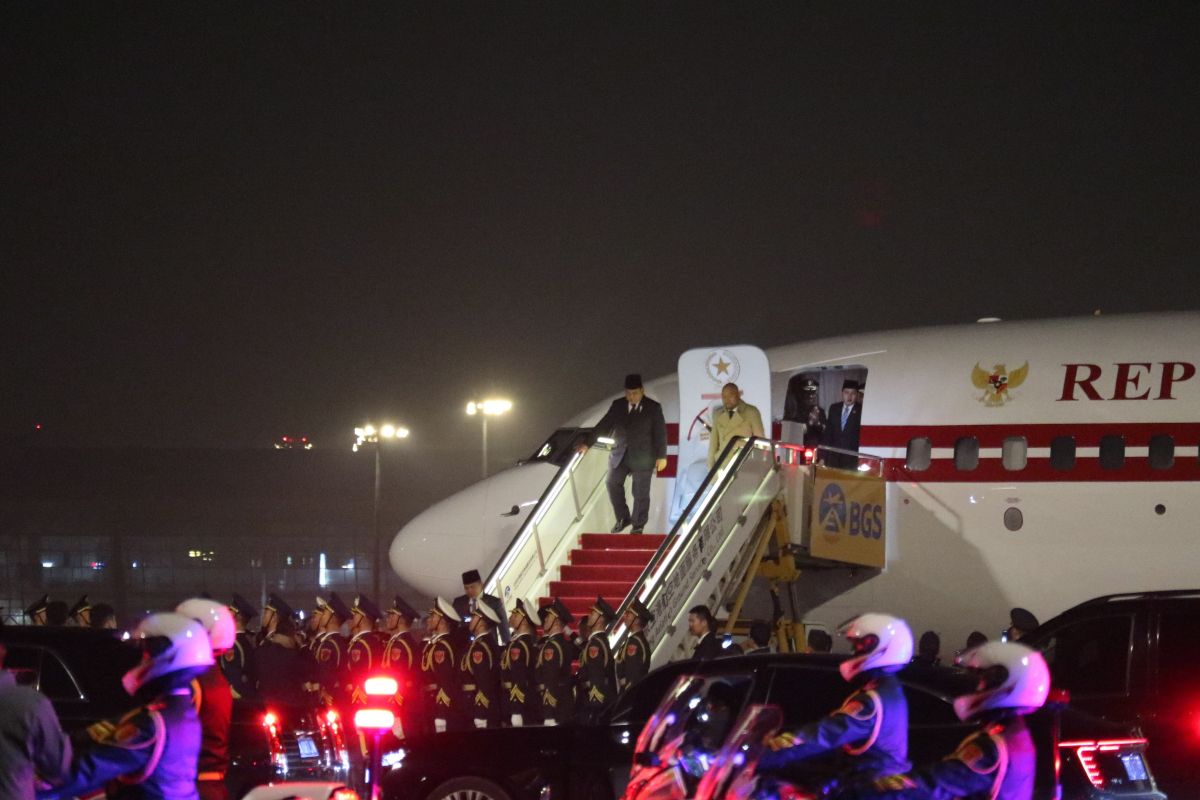Headline: Trump’s presidency reshapes Eastern European security dynamics
The Aftermath of Trump’s Resurgence on Eastern European Security
As Donald Trump reclaims the U.S. presidency, the ripple effects on security in Eastern Europe are already sending shockwaves through the region. Political analysts and European leaders are pondering what this change could mean for the delicate balance of power that currently exists in this historically unstable area. Concerns are mounting regarding Trump’s foreign policy direction and its potential implications for European unity and security in an increasingly unpredictable global landscape.
Who’s Concerned and What’s the Context?
In recent months, European leaders, notably Italian Prime Minister Giorgia Meloni, have expressed unease about a potential Trump-led administration. Acknowledging that the European Union must not rely solely on the U.S. for stability, Meloni emphasized the need for Europe to bolster its own defenses and economic stability, particularly in light of the uncertainties surrounding Trump’s policies.
“Europe cannot afford to be complacent,” Meloni stated during a press conference in Brussels. “We have to prepare for scenarios that may diverge significantly from previous administrations.”
Examining the Potential Consequences: When and Where
The implications of Trump’s presidency are being discussed urgently in European capitals. On December 5, 2024, as the political landscape shifts, Eastern European nations—such as Poland, Hungary, and the Baltic states—are particularly vulnerable given their historical reliance on U.S. backing against aggressive postures from Russia. The heightened tensions with Moscow could lead to a surge in defense spending and a reassessment of alliances, forcing Eastern European nations to consider new strategies for securing their borders.
Why is This Important?
The ongoing crisis in Ukraine has served as a stark reminder of the volatility in the region. As European nations grapple with internal challenges and the looming specter of Russian aggression, the rise of Trump rekindles fears of a diminished American commitment to NATO and European security initiatives. Former U.S. Ambassador to NATO, Kay Bailey Hutchison, noted, “An isolationist approach to foreign policy would jeopardize the stability that has been established over decades.”
How Could This Impact Europe?
-
Increased Defense Spending: Many Eastern European countries are already increasing military budgets in preparation for potential threats from Russia. The presence—or absence—of U.S. military support could dictate how robust these commitments will be.
-
Shifting Alliances: With uncertainty about the U.S. stance, Eastern European nations may seek new alliances or strengthen existing partnerships within the EU and with NATO members.
- Economic Instability: Fears of economic downturns resulting from Trump’s potential trade policies could exacerbate existing vulnerabilities within the bloc, complicating geopolitical landscapes even further.
Expert Analysis
To understand the depth of these concerns, we reached out to Dr. Anna Adamczyk, a political analyst specializing in European security. “The security architecture of Eastern Europe is fragile at best,” she explains. “The lack of a consistent U.S. policy could embolden Russia, which may lead to renewed aggression, indirectly putting pressure on European economies.”
Moreover, as discussions deepen about the EU’s ability to stand on its own economically and militarily, the unity of the bloc could be tested by growing divisions over how to respond to U.S. policies under Trump.
European Resilience: A Path Forward
Despite these looming challenges, there is a sense of resilience among European nations. Many leaders are advocating for increased cooperation among EU members to ensure collective security. The call for a stronger European defense identity is echoing throughout the institutions in Brussels.
“We must fortify our collective defenses and ensure that every member state feels secure as we face these shifting geopolitical landscapes,” asserted Ursula von der Leyen, President of the European Commission.
Engaging with the Future
As discussions unfold and the political landscape continues to evolve globally, the ongoing narrative surrounding Trump’s presidency and its implications for Eastern Europe will remain critical for countries facing unique challenges on their borders. How these nations adapt will define their security strategy in the coming years.
Readers are encouraged to share their insights or concerns regarding the evolving dynamics of Eastern European security in the comments below. What do you think the impact of a Trump presidency on Europe will be? Let’s engage in a discussion about the future of security in our ever-changing world.
For more detailed discussions on related topics, be sure to check these articles:
- Poland’s Defense Strategies Amidst Rising Tensions with Russia
- The Future of NATO: Challenges and Opportunities
Sources for Further Reading:
Image and Multimedia Tags:
<img src="path_to_image_of_European_leaders.jpg" alt="European leaders in discussion" />This professionally crafted article offers a nuanced exploration of the potential implications of Trump’s return to the presidency, providing readers with an understanding of the multifaceted security concerns facing Eastern Europe today.
